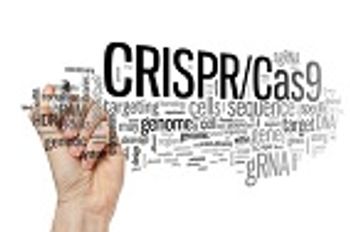
Researchers at McGill University in Montreal revealed that the gene editing tool known as CRISPR/Cas9, which had previously been shown to hold some promise in removing HIV-infected cells from the human genome, may in fact be a “double-edged sword.”


Researchers at McGill University in Montreal revealed that the gene editing tool known as CRISPR/Cas9, which had previously been shown to hold some promise in removing HIV-infected cells from the human genome, may in fact be a “double-edged sword.”
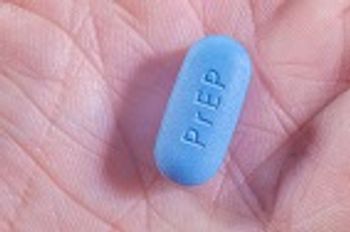
This article seeks to review newer ART agents, as well as those in later stages of drug development, for the treatment of HIV-1 infection.
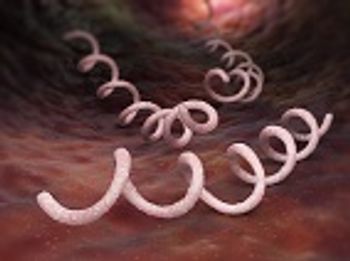
Incidence of syphilis is on the rise in Europe—particularly among men—according to a report released in May by the European Centre for Disease Prevention and Control (ECDC).
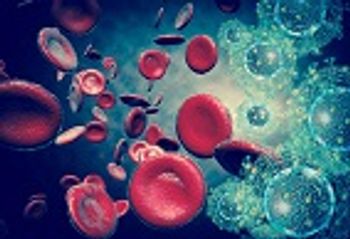
A recently published article in an Indian newspaper claims that thousands of civilians living across the country have contracted HIV through blood transfusions, in less than two years; however, a national AIDS organization is refuting these claims.
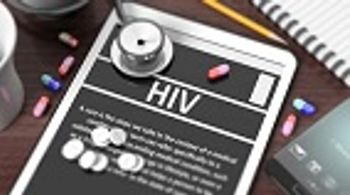
The Centers for Disease Control and Prevention (CDC) has released updated guidelines for the use of nonoccupational post-exposure prophylaxis (nPEP) in persons in the United States, after exposure to human immunodeficiency virus (HIV) outside the health care setting.
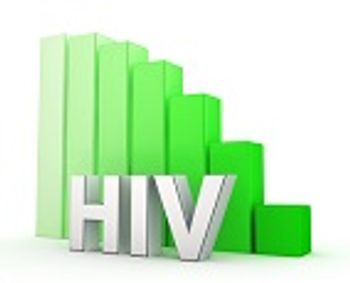
A recent study has demonstrated that, although annual HIV infection and transmission rates declined in the United States over the last 5 years, they fell short of the goals outlined in the US National HIV/AIDS Strategy.
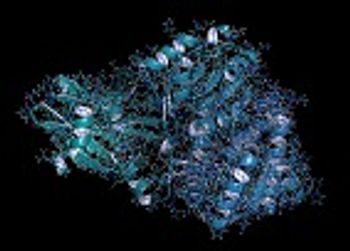
A recent study has shown that human immunodeficiency virus (HIV) enters cells throughout the entire female reproductive tract from the labia to the ovary—not just in the cervix, as previously thought.
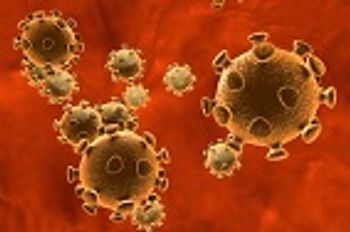
The results of a methylome-wide analysis of human immunodeficiency virus (HIV) chronically infected, combination anti-retroviral therapy (cART)-treated individuals recently published in Molecular Cell suggest that HIV+ individuals have an epigenetic age 4.9 years older than healthy controls, resulting in an expected total mortality risk increase of 19%.
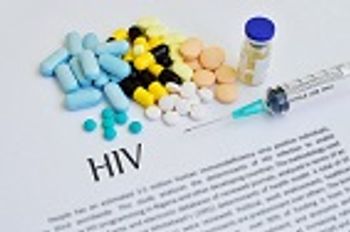
In a one-arm study examined by the German Institute for Quality and Efficiency in Health Care (IQWiG), the added benefit of rilpivirine for HIV-positive children and adolescents between the ages of 12 and 18, was not proven, contrary to the belief of the manufacturer.
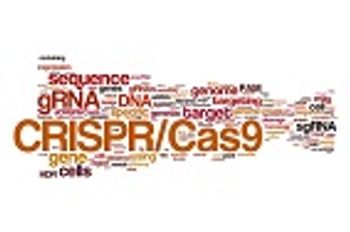
A recent study has shown that although the CRISPR/Cas9 gene editing technology can stop human immunodeficiency virus (HIV) replication, it also results in unexpected viral resistance and thereby limits use of the technology in HIV therapy.
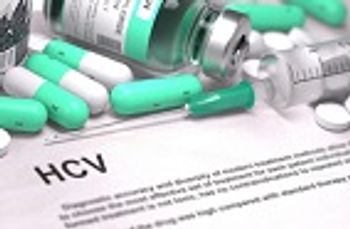
In a recent study of 1,812 human immunodeficiency virus (HIV)-infected individuals in sub-Saharan Africa, researchers found that none of these individuals had confirmed hepatitis C virus replication.

According to the Centers for Disease Control and Prevention, in 2014, nearly 17% of new HIV diagnoses were in the over-50s.
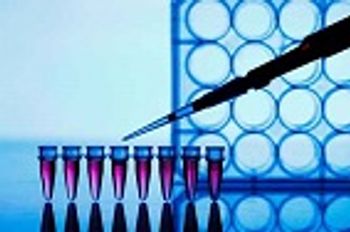
Scientists have developed a new ultra-sensitive screening technique for diseases such as HIV and cancers that may be 10,000 times more sensitive than those currently used clinical tests.
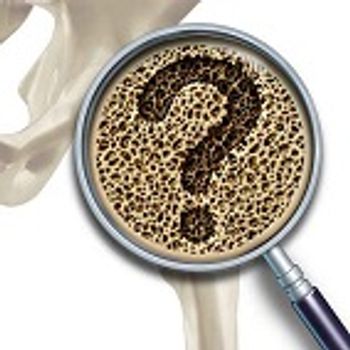
HIV-positive adolescent males display increased levels of sCD14, associated with mineral content and density measures in bones and indicate macrophage activation.
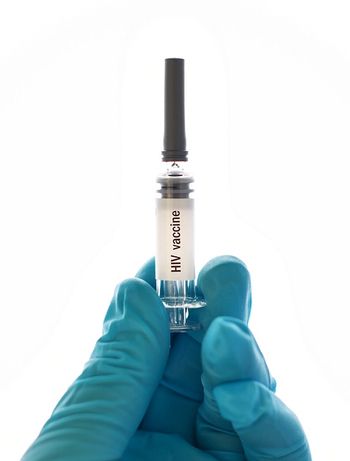
A viable vaccine remains the Holy Grail in efforts to prevent the spread of HIV and protect those at high risk for the virus.

The very treatment that is supposed to help patients infected with the human immunodeficiency virus (HIV) is also leading to weight gain among adults in the United States.
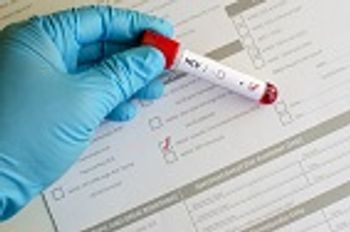
People with the human immunodeficiency virus (HIV) are at a higher risk of having hepatitis C (HCV), however, less than two-thirds of patients are being screened regularly.
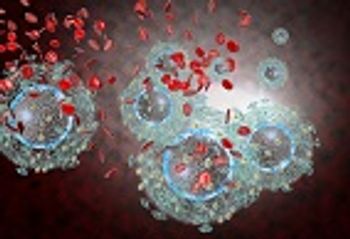
A new method to fight the human immunodeficiency virus (HIV) may already be accessible by reworking an existing prescription drug.

The tendency of injection drug abusers to share needles provides fertile ground for the transmission of HIV.

A national clinical trial has found non-efavirenz antiretroviral therapy effective as a first-line treatment, which is good news for patients with HIV who are ineligible to usea the common drug.

Despite previous research suggesting HIV patients have an increased likelihood of suffering from a heart attack, kidney failure, or cancer, Johns Hopkins Bloomberg School of Public Health investigators showed the age they encounter these conditions were similar to their uninfected counterparts.

While half of all HIV/AIDS patients are African American, they only comprise 30% of those enrolled in clinical trials on the disease.

Researchers at Temple University believe they have found a way to help remove any traces of HIV-1 from a person's body as work continues toward a cure for the virus.

Researchers safely infuse engineered immune cells in groundbreaking gene therapy study.

Saliva tests for detecting HCV infection may not be the best option for determining infection status.